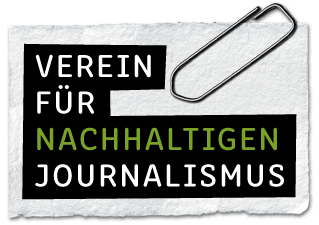Robert Spaemann, Philosopher, Germany
- Details
- Written by Martin Arnold
“Technology and democracy are growing apart”
Robert Spaemann is a philosopher and was a professor of philosophy at the universities of Stuttgart, Heidelberg and Munich. He has also made a name for himself as the author of topical contributions on ethical, political and religious issues in national newspapers. His opinions on nuclear energy are expressed in his book “After us, the nuclear meltdown”. A Catholic, he was also an advisor to Pope Benedict XVI.
“I think that the dangers arising from nuclear energy production can be minimised with maximum professionalism and seriousness. But this doesn’t solve the fundamental problem of nuclear waste disposal. And this is the crux of the matter. There is no permanent disposal site, and so there should also be no nuclear energy production. For this reason I believe that Germany reached the right decision when it chose phase out nuclear energy. All known civilisations are only a few thousand years old, and we have seen how their knowledge falls into oblivion. How can we then expect that people in 10,000 or more years will know what we wanted to tell them when we designate a permanent disposal site? I am astounded by the naivety to believe that this is possible. I sometimes wonder why this technology prevailed. 'You will be like God,' promised the serpent, when it tempted Adam and Eve with the forbidden fruit. It seems almost like a divine act to reap unbelievable amounts of energy from a piece of uranium. I’m reminded of the words of Robert Oppenheimer, the father of the atomic bomb, who described the atomic bomb as 'technically so sweet'. With him, the inconsistency around dealing with nuclear energy is clear. As a researcher he was fascinated, but as a human being he turned against using the atomic bomb. Who now bears the consequences of atomic energy? No one can. When it comes to providing for our children and grandchildren, for our family tribe, we think about the consequences of our decision. But this concern seems to dry up on a collective level. I used to give a lot of thought to humankind and how we technically intervene in nature. It's about two conflicting attitudes: first, to dominate nature, which is necessary to some extent for humans to survive, and second, the need to see ourselves as a part of nature. Both belong in equal measure. The traditional European moral is enough to make the correct decision in these matters and needs neither new answers nor a new moral. It’s a question of balance. We simply need to use the intellectual tools that already exist. Even if I’m of the opinion that it would have been better to have never started with nuclear energy, we now have the problem with the waste. On the one hand, we have the interests of society to house the permanent disposal site in the geologically most suitable soil, and on the other hand, are the people living at this location who may not want this but will nonetheless have to accept it against their will. This example shows that the gap between technological development and democracy continues to widen.”
Read more:






